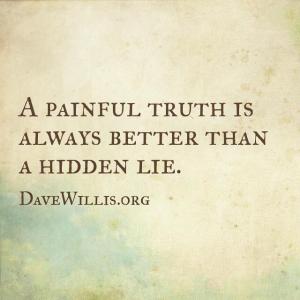- Joined
- Oct 28, 2013
- Messages
- 5,247
- Points
- 113
How To Interact With The Earth
It may not be the sexiest of holidays, but Earth Day has a strange way of making me pause and contemplate the world we live in. Kylie and I moved to New York a few years ago and it makes me laugh to think we live and work on two separate islands (Brooklyn [Long Island] and Manhattan). The concrete jungle of the big city is really a chain of islands.
Like most New Yorkers, we sometimes yearn for a bit more of nature. We love the mountains and hiking; we appreciate the beach. Even living in the city, the little pockets of the natural world are beautiful and appreciated.
Applause
What I am trying to say is we are fans of nature. We appreciate the planet and all of its naked wonder. Like most people, we too often take it for granted. But the world is a beautiful place.The thing that makes me pause and contemplate on Earth Day is just how striking the world is. We sense this when we travel and when we watch documentaries like Planet Earth. The world is a crazy place, intricate and vast, diverse and intoxicating.
I like to think the natural world is the applause of creation. Humans, like many animals, swoop in and sometimes make a mess of things. But, also like other animals, are a part of the intricate ecosystem that adds a sense of messiness that strangely enhances the wonder.
The climate change conversation has been sweeping the world in these modern times. But it can be a little annoying when we treat nature as strictly utilitarian. We need to value it because it provides oxygen for us! Don’t get me wrong, I love oxygen as much as the next guy. What I am saying is that one of the most amazing things about nature is that it stretches us beyond ourselves. Standing on top of a mountain or looking into the horizon of an ocean, we are ineffably transformed, humbled, moved in a way that is impossible to really explain.
The Earth is a resource but it is also a trophy. Is there anything more beautiful, more inspiring than the natural world?
Stewards
That being said, the next logical thought is thinking about how I interact with this Earth. How can I engage with and even participate in the beauty of our planet?The earliest command in the Bible is for man to steward the earth. God gives an order to name the animals, work the ground, and exercise restraint in The Garden full of trees.
The first humans messed it up and we’ve hardly let up since. We toggle between trying to be lord of the earth and ignoring it altogether, neither of which are precisely stewardship.
What seems most productive is to think about how to engage with the world without leeching from it or ignoring it. How do we seek an existence of mutual benefit? It is harder than it sounds. And I don’t consider it often enough.

